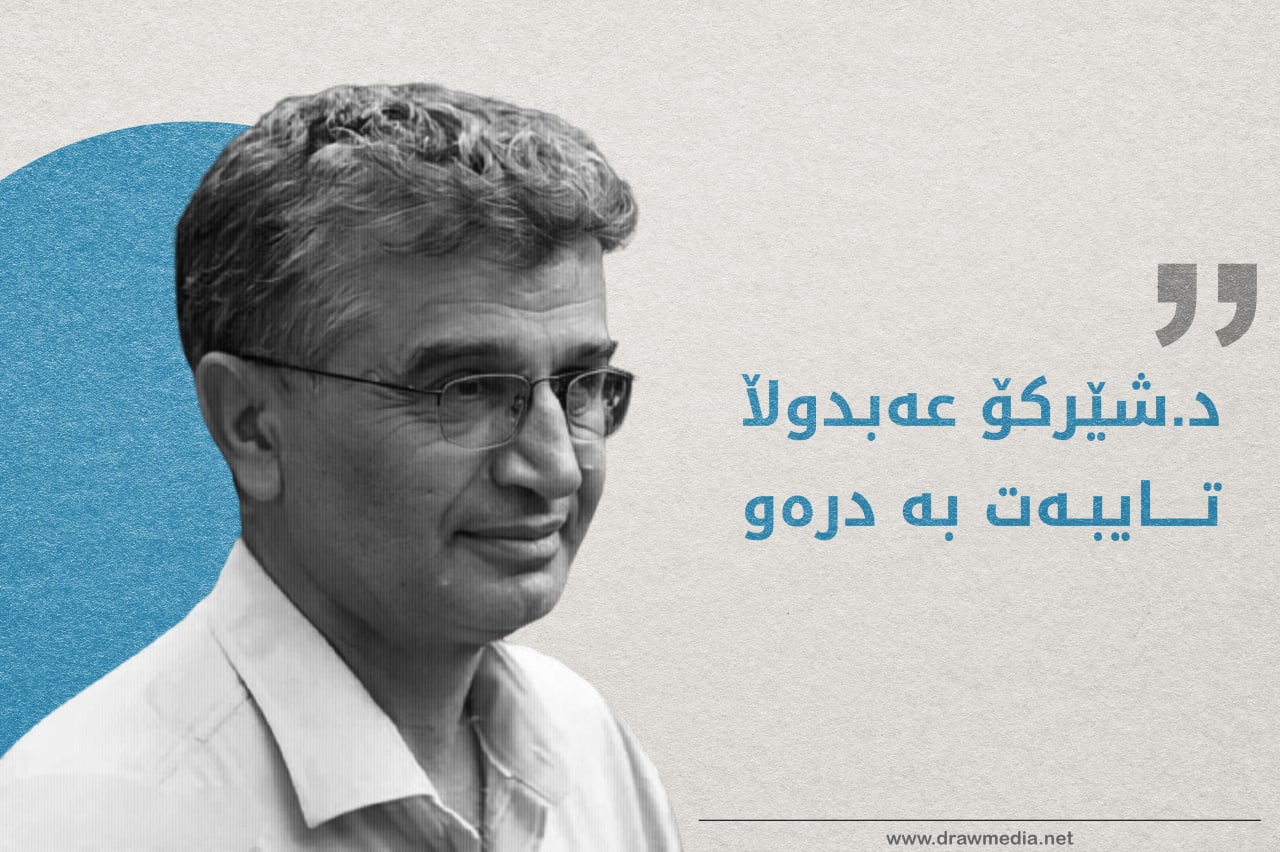One in twelve Syrian Kurds in KRI’s Dohuk are stateless

2022-08-30 21:17:06
One in twelve Syrian refugees living in Dohuk, the Kurdistan Region of Iraq (KRI), are stateless, the Norwegian Refugee Council has revealed.
A survey of nearly 1,300 Syrian refugee households in the Dohuk governorate of KRI suggests there are close to 7,000 stateless Syrians out of nearly 86,000, or 8 per cent of the total number of Syrian refugees in Dohuk.
“Not only have many Syrian Kurds in KRI been living in displacement for over a decade, but their struggle is compounded by the fact that they remain stateless and on paper belong nowhere,” said James Munn, NRC’s Country Director in Iraq.
Kurds from Syria were stripped of their nationality as a result of a one-day census in 1962. Those who possessed ID documents but could not meet residency requirements in Syria became foreigners or ‘ajanib,’ while those who could not provide any documents were to be known as ‘maktoumeen’, or unregistered. Both ‘ajanib’ and ‘maktoumeen’ have passed on their status to the following generations.
In addition to being denied citizenship in their country, stateless Syrian Kurds have for generations faced a long list of restrictions such as not being able to own land, obtain a marriage certificate, enrol in school, vote, or get a job.
NRC’s survey also found that more than a quarter intend to travel beyond KRI, which means they are most likely to face additional barriers claiming asylum. 94 per cent of ‘maktoumeen’ and ‘ajanib’ reported that they do not intend to return to Syria in the future.
“We have spoken to people who told us their families have to suffer with their stateless status. They do not know where they will go with no home, rights, or nationality,” said Munn.
Ahmed, a Syrian Kurd from Qamishli who arrived in KRI in 2013 with his wife and four children, told NRC, “We are still living in camps and our children can’t properly attend school... We also don’t have many opportunities for jobs, but it is the same for Syrian citizens here [in Dohuk] too. We just want to get an ID for any country for the future of our children.”
In KRI, stateless Syrian Kurds can access legal residency and humanitarian aid. However, this does not change their stateless status, nor the barriers to durable solutions that statelessness poses.
NRC is calling on the Kurdistan Regional Government, the Government of Iraq, and the Government of Syria to provide clear mechanisms and safe pathways to access services and obtain documentation.
Notes to editors:
In August 2022, NRC surveyed 1,281 households across Dohuk governorate to understand the scope of statelessness amongst Syrian Kurds displaced in KRI.
Key informant interviews were conducted with ajanib and maktoumeen Syrian Kurds in the Dohuk governorate of KRI in Domiz I, II and Bardarash camps and outside of camps in Dohuk city.
Of all households surveyed, 5.3 percent reported that they are maktoumeen, and 2.3 percent reported that they are ajanib who have either obtained Syrian citizenship since 2011 or still not obtained citizenship.
Of respondents who indicated that they are ajanib, 72 percent indicated that they had not applied for citizenship despite qualifying for it under the 2011 law. Sixty-seven percent of those who have not obtained citizenship stated that the primary reason was that they fled Syria before they were able to apply for citizenship. Fourteen percent indicated they did not feel they could safely return to initiate the process, while another 14 percent stated they did not know how to apply for citizenship. Lastly, 5 percent indicated that cost was the main barrier.







.png)
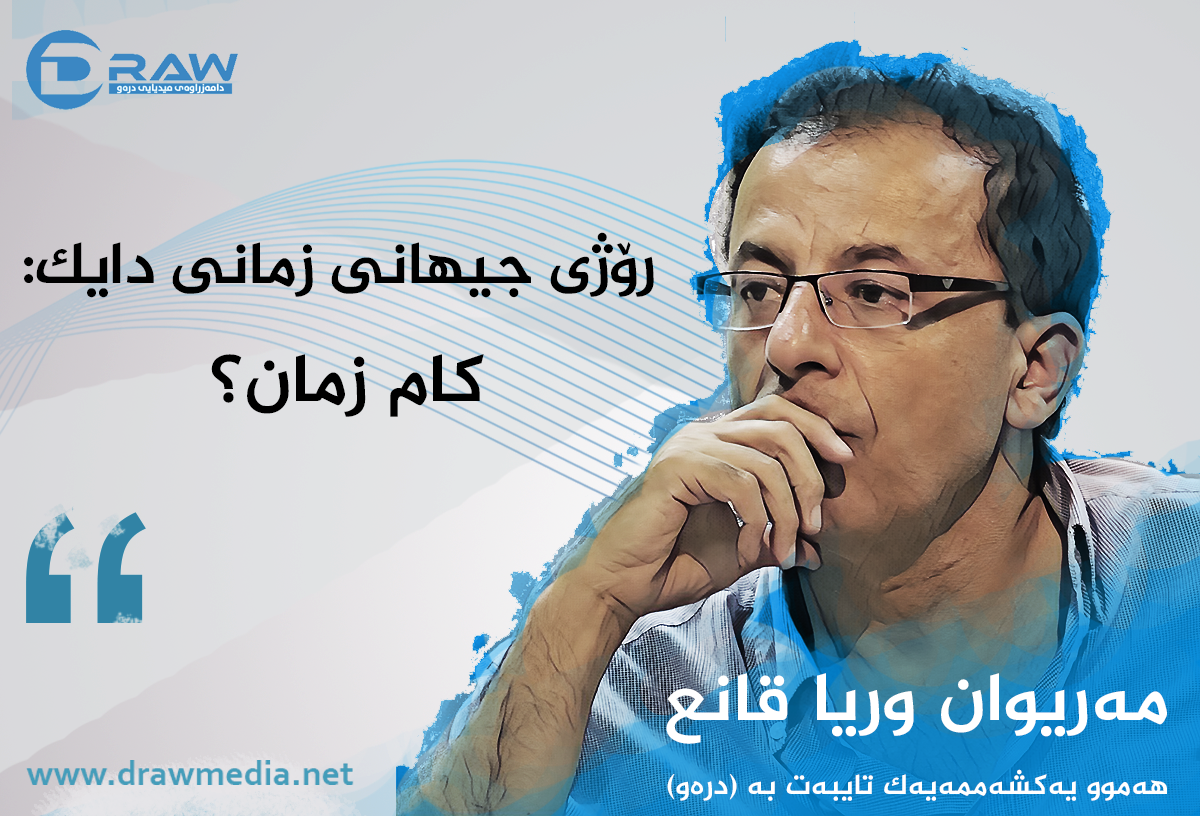
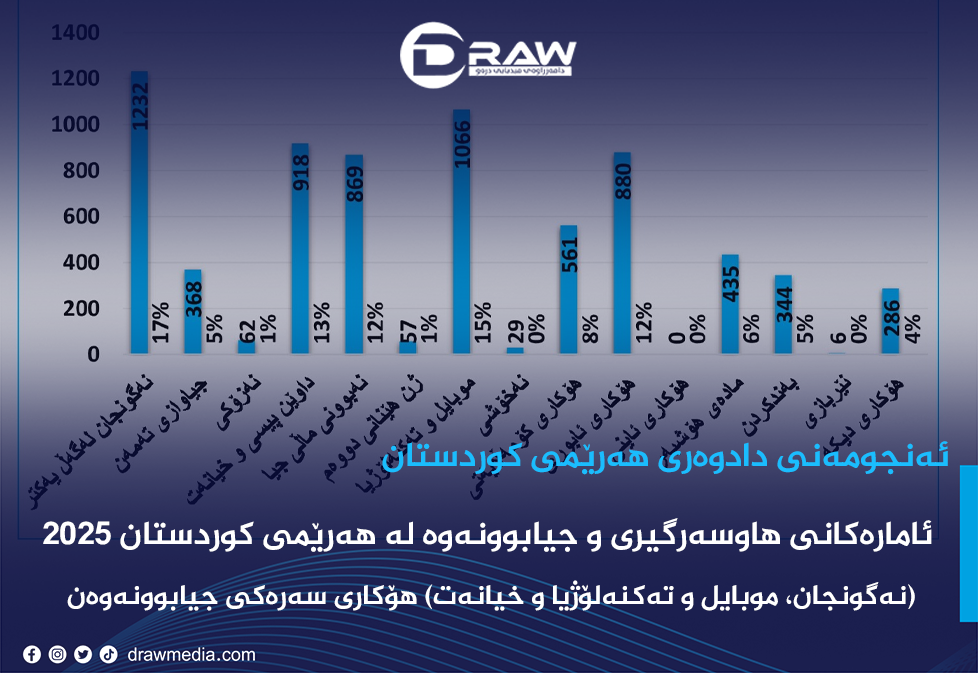
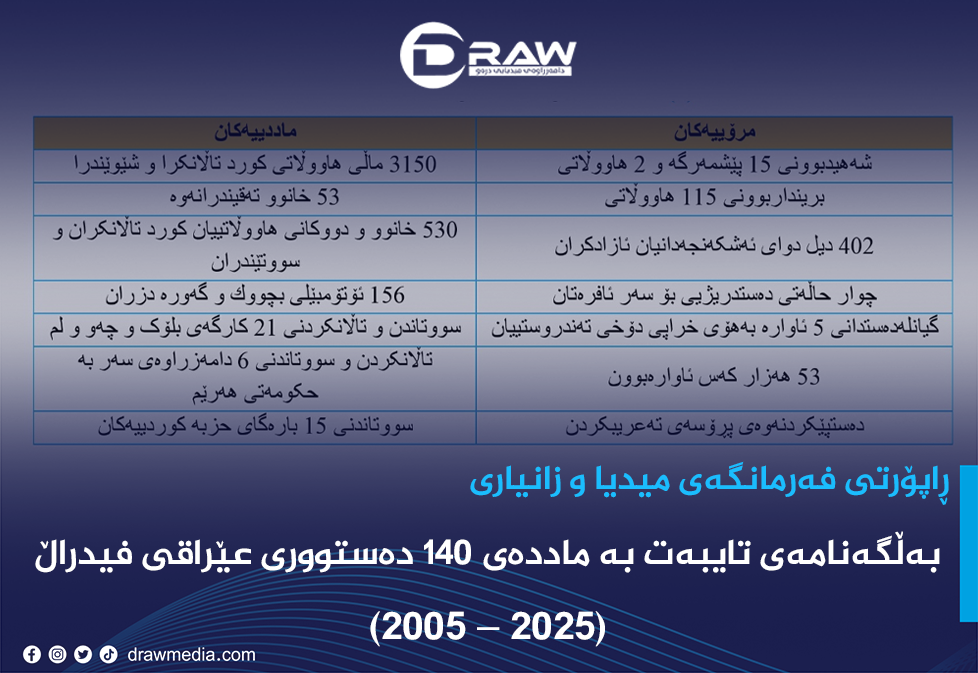
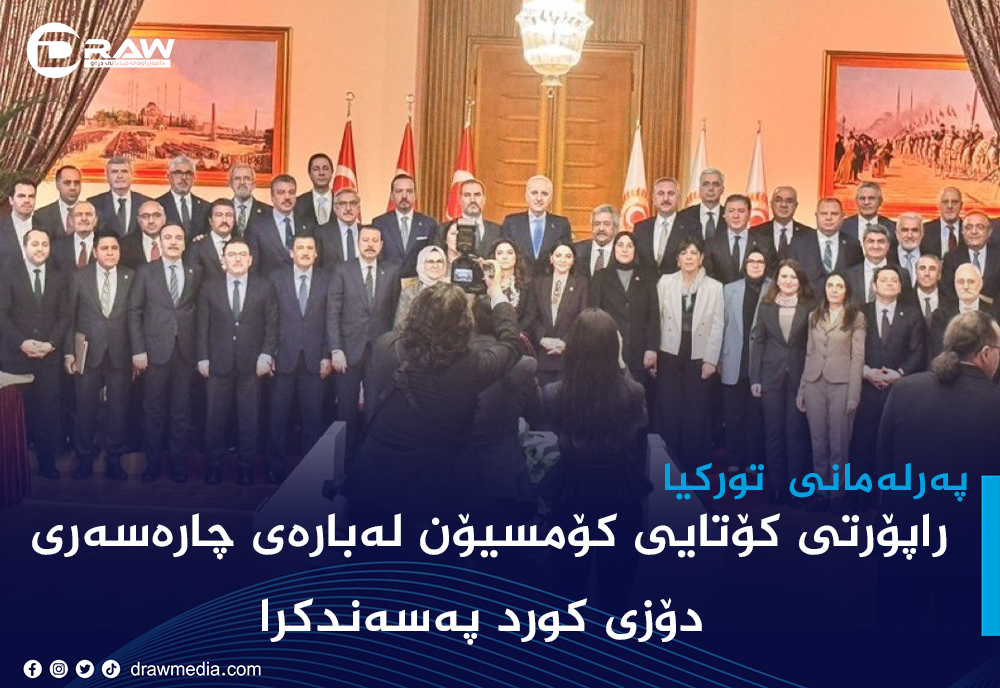
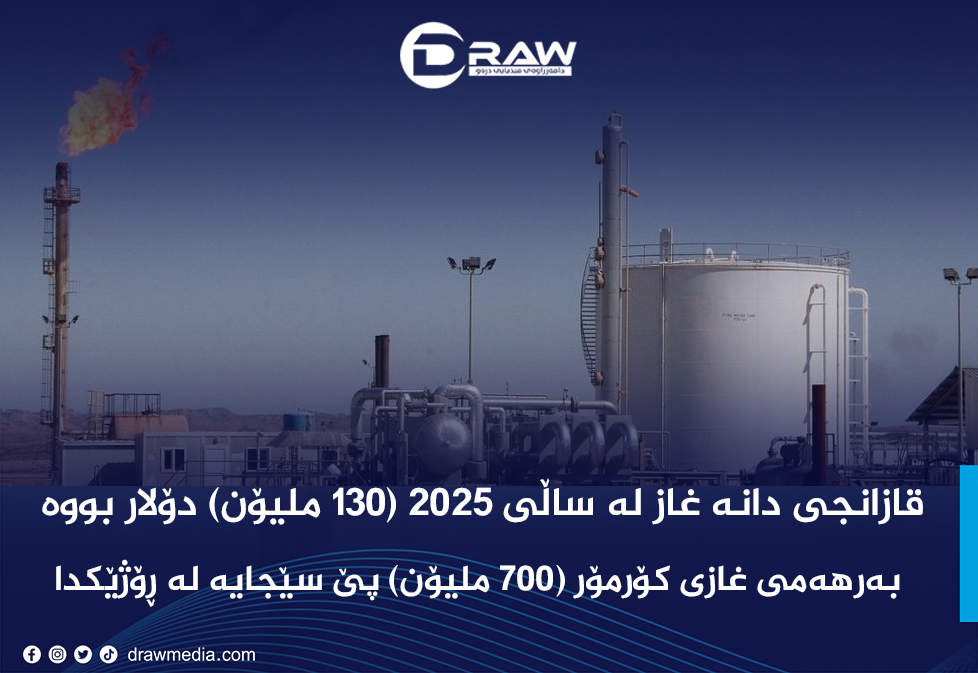

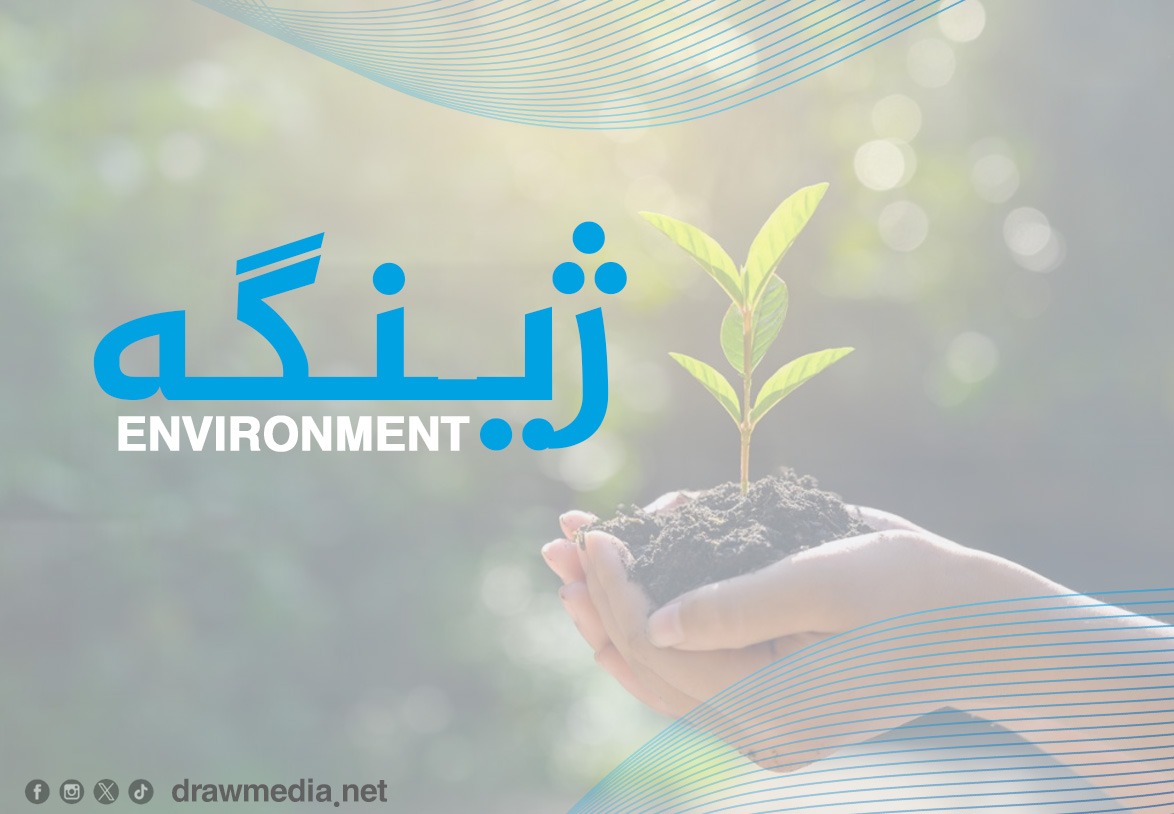
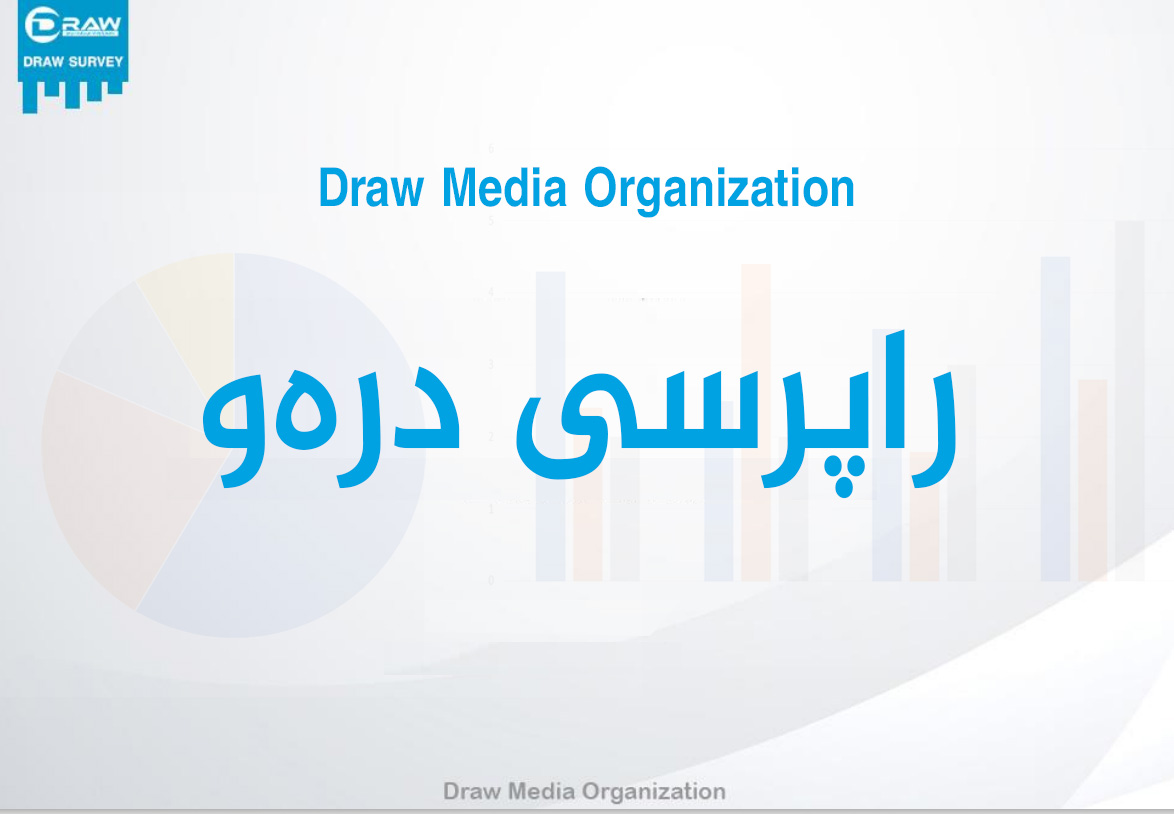

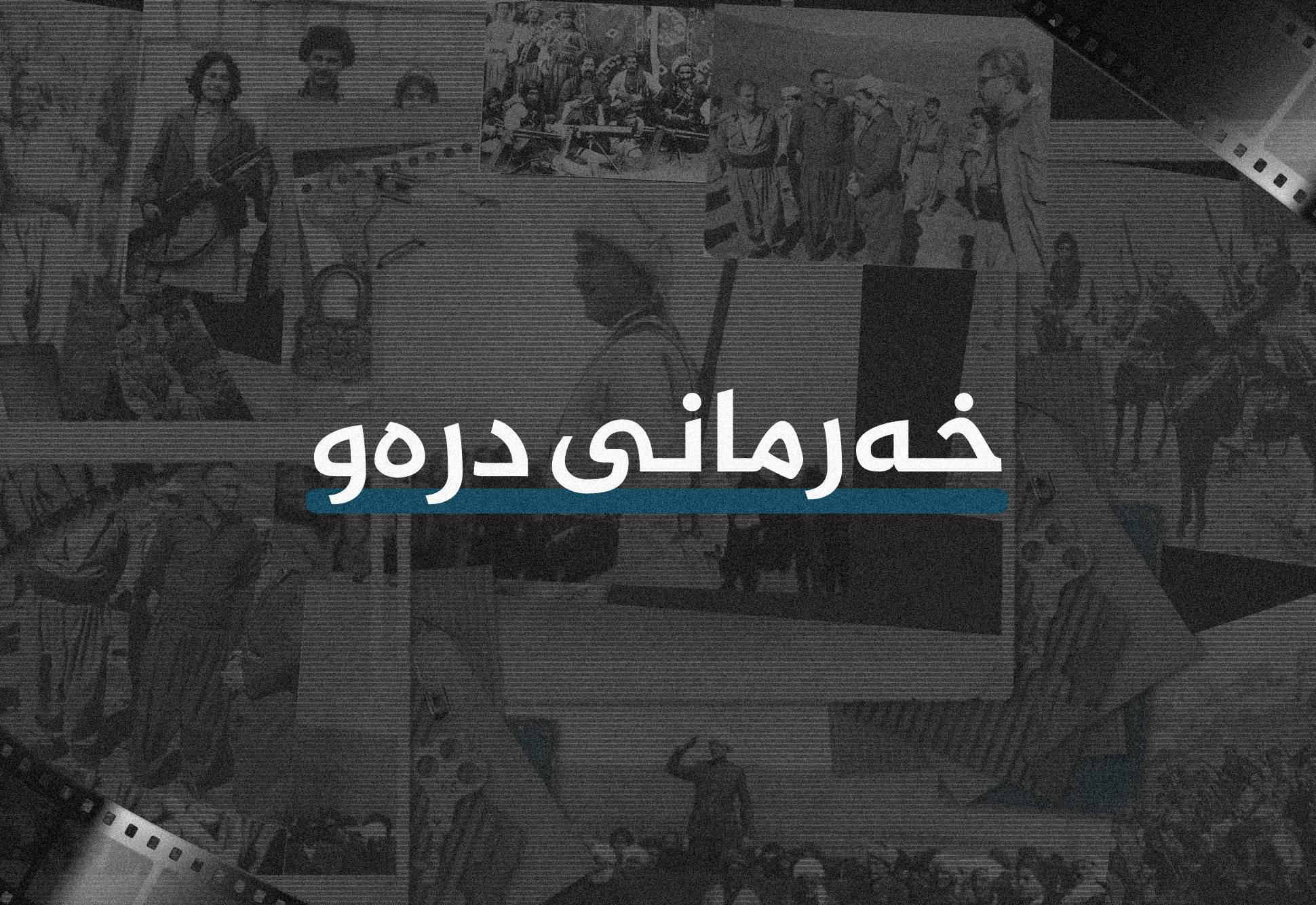
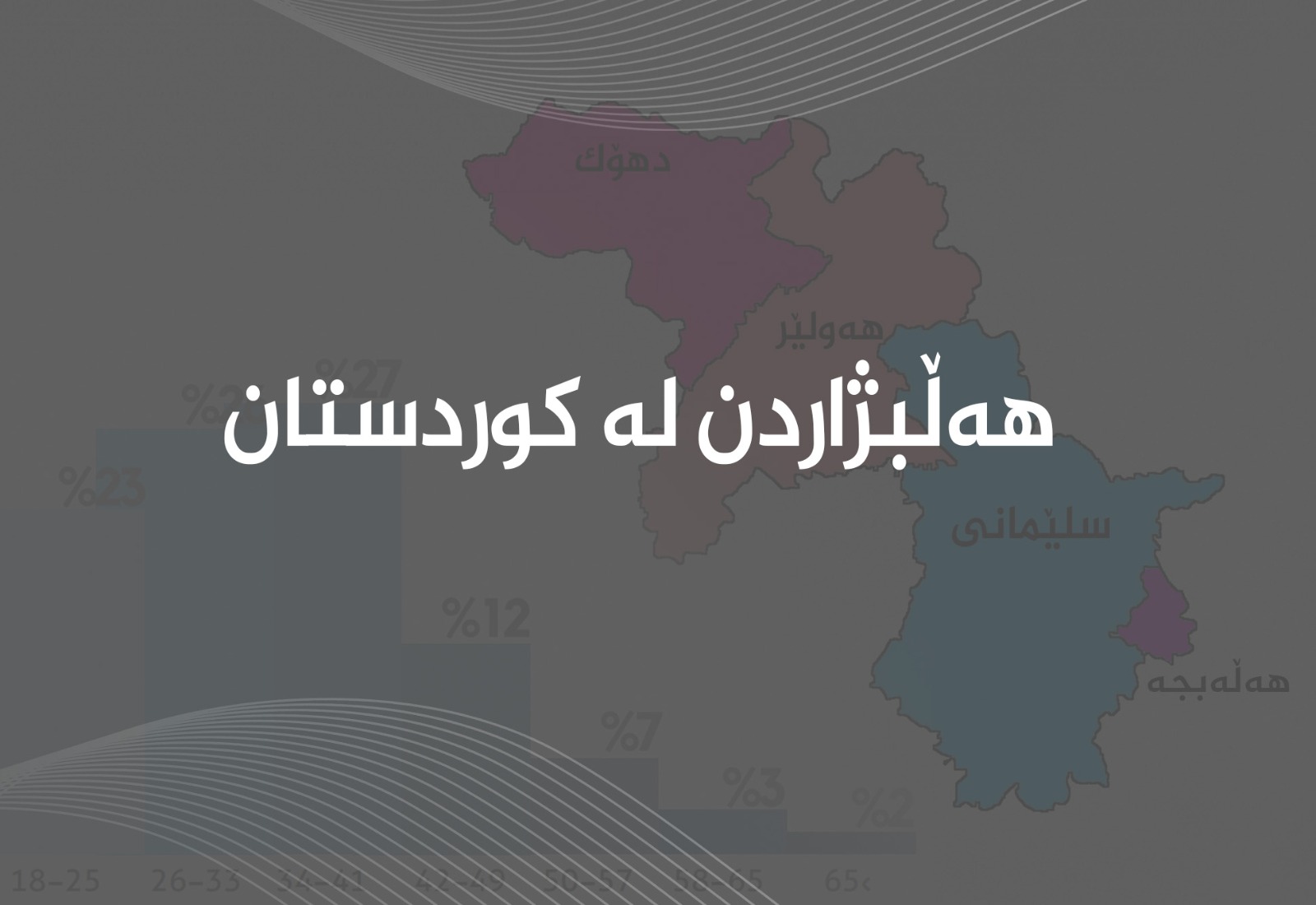
(1).jpg)
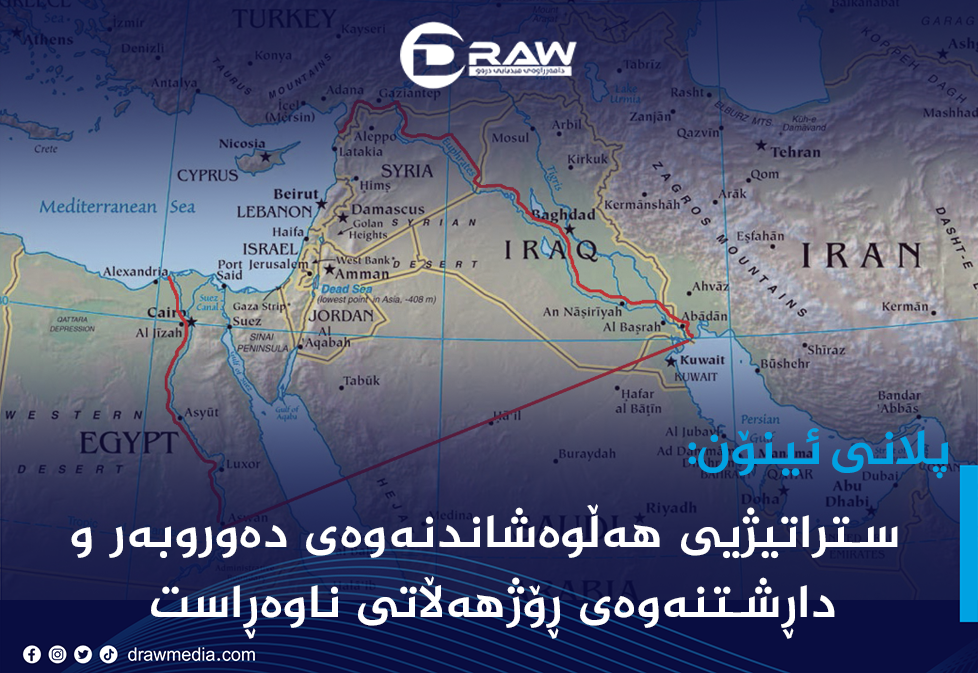
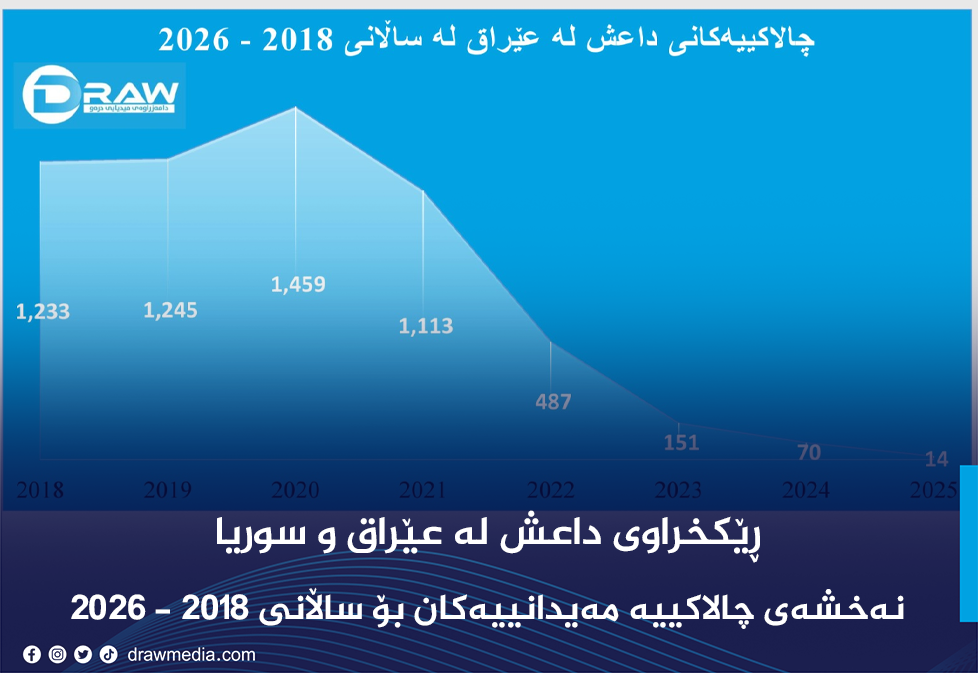
.png)
